Stem cell therapy is opening up hope for millions of autistic children around the world. However, many parents still wonder: How long does it take for this method to be effective? What factors affect the treatment process? The answer will be answered in detail in the following article.
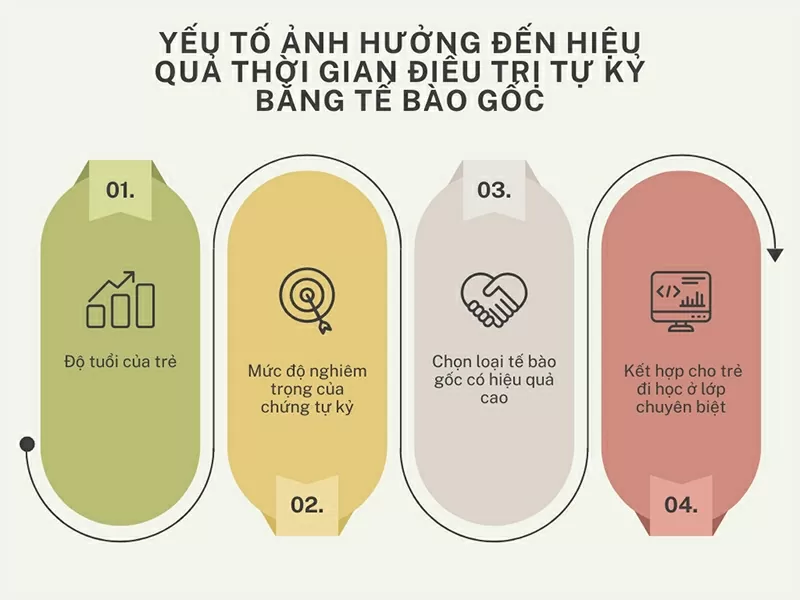 |
| Factors affecting the effectiveness and duration of autism treatment with stem cells. |
Factors affecting treatment effectiveness and duration
The effectiveness and duration of stem cell treatment for autism are not uniform in all children. Many factors significantly affect the outcome and rate of progression of the treatment, including: the age of the child when the intervention begins, the severity of the autism, the type of stem cells used, and other complementary interventions.
First, the most important factor that experts consider to be the age of the child is the age of the child. Accordingly, the period from 2-6 years old is considered the "golden time" for therapy. During this period, the child's brain is still in the process of strong development, has a higher ability to regenerate and recover, helping to increase the ability to respond to therapy and achieve optimal results. The earlier the intervention, the higher the possibility of improving autism symptoms.
Next, the severity of autism is also a factor to consider. Children with mild autism often respond better to treatment and the treatment time may also be shorter. According to doctors, each child will have a different level of response, but most will have noticeable results after 3 months of treatment. In fact, in many cases, there are significant changes after only 2 weeks.
Choosing the right type of stem cells is also key. At the Tokyo Stem Cell Transplantation Research Institute (TSRI) in Japan, doctors use bone marrow stem cells from the child’s own body. This helps to increase the rate of appropriate infusion into the body, avoiding rejection like other methods.
In addition to stem cell therapy, combining other intervention methods such as specialized education, speech therapy, behavioral therapy... will help optimize treatment effectiveness and support children's comprehensive development.
More than 500 Japanese autistic children treated with over 95% effectiveness
In fact, at TSRI, stem cell therapy has been successfully applied to more than 500 autistic children, achieving an impressive success rate of over 95%.
One of the most notable results was improved concentration and reduced hyperactivity and inattention. Children treated with stem cells were less distracted by external factors and maintained better concentration in learning and other activities.
Many children are able to express their thoughts and feelings more clearly and communicate more effectively with those around them.
Behavior modification and reduction of abnormal behaviors are also important achievements of this therapy. Autistic children after treatment often have better emotional control, reduce self-harm or aggressive behaviors, and significantly improve their quality of life.
Bringing "miracle" hope to autistic children in Vietnam
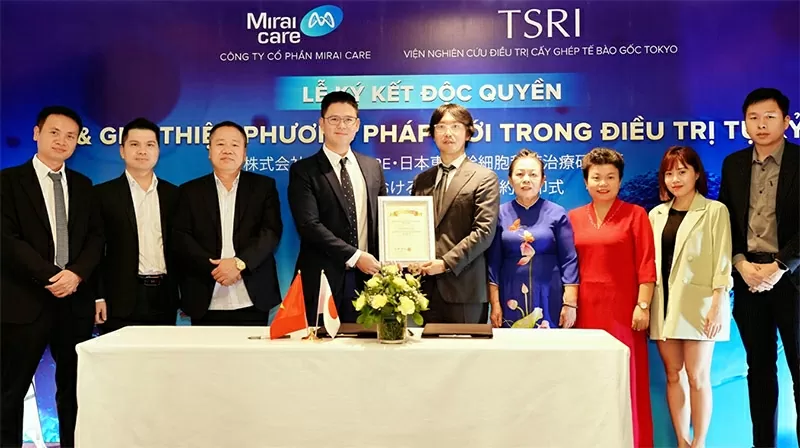 |
A typical example is the case of a 5-year-old boy treated at TSRI. He had sleep disorders, frequent outbursts of anger, liked to play alone and did not comply with adult requests.
Before treatment, the boy had difficulty communicating, had sleep disorders and was often irritable. He could not speak, often woke up in the middle of the night, liked to play alone, had difficulty integrating with friends and did not listen to adults. However, after being treated with stem cells, his life changed miraculously. The boy began to pronounce 2-3 single words, slept better and deeper, integrated better with friends and listened to his parents.
The story of the 5-year-old boy above is not an isolated case at TSRI. Dr. Takahiro Honda, Director of TSRI, shared: "Witnessing the happiness of thousands of parents whose children have successfully treated autism, and monitoring the progress of the children every day has become a great source of inspiration, urging me to continue the journey of bringing hope to millions of children with autism around the world."
With the desire to help Vietnamese autistic children access advanced treatment methods, Miraicare Joint Stock Company has become the exclusive unit of TSRI in Vietnam. This is not only an opportunity for Vietnamese children to receive effective treatment but also opens up hope for a future of integration and comprehensive development.
Understanding the difficulties of families with children with autism, Miraicare has launched a special support program: The first 3 ONLY customers who register for treatment in 2025 will have 10% of the cost covered, up to 100,000,000 VND. This is an opportunity for families to access advanced and effective stem cell autism treatment methods, opening up new hope for their children's future. Only for the first 3 families to register! Contact Miraicare today for a free consultation: 18008144 |
Source


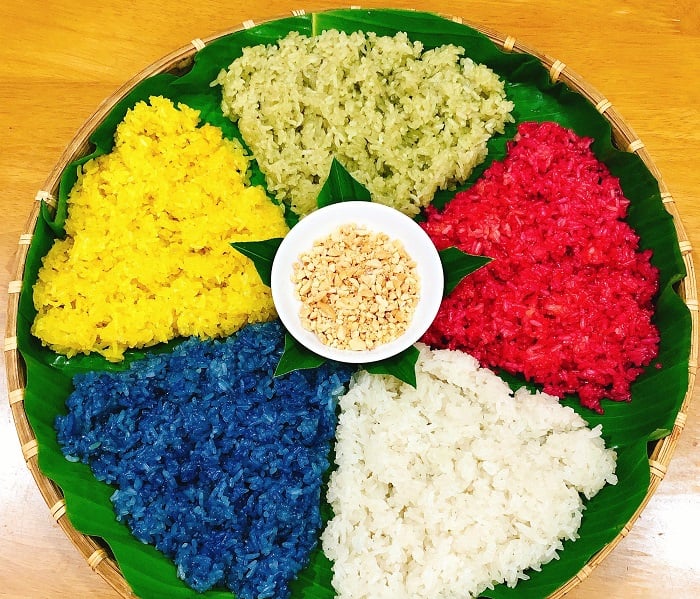

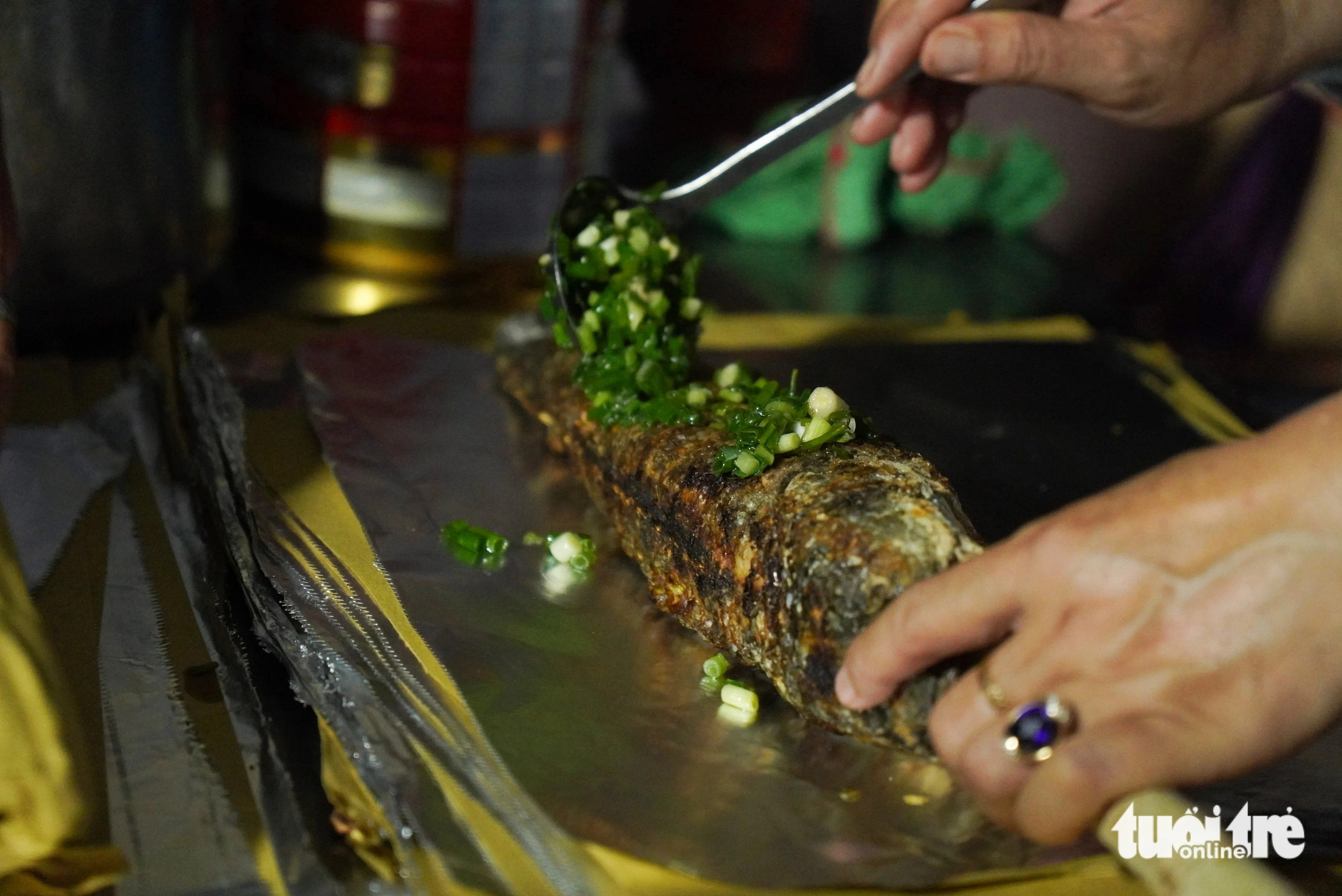

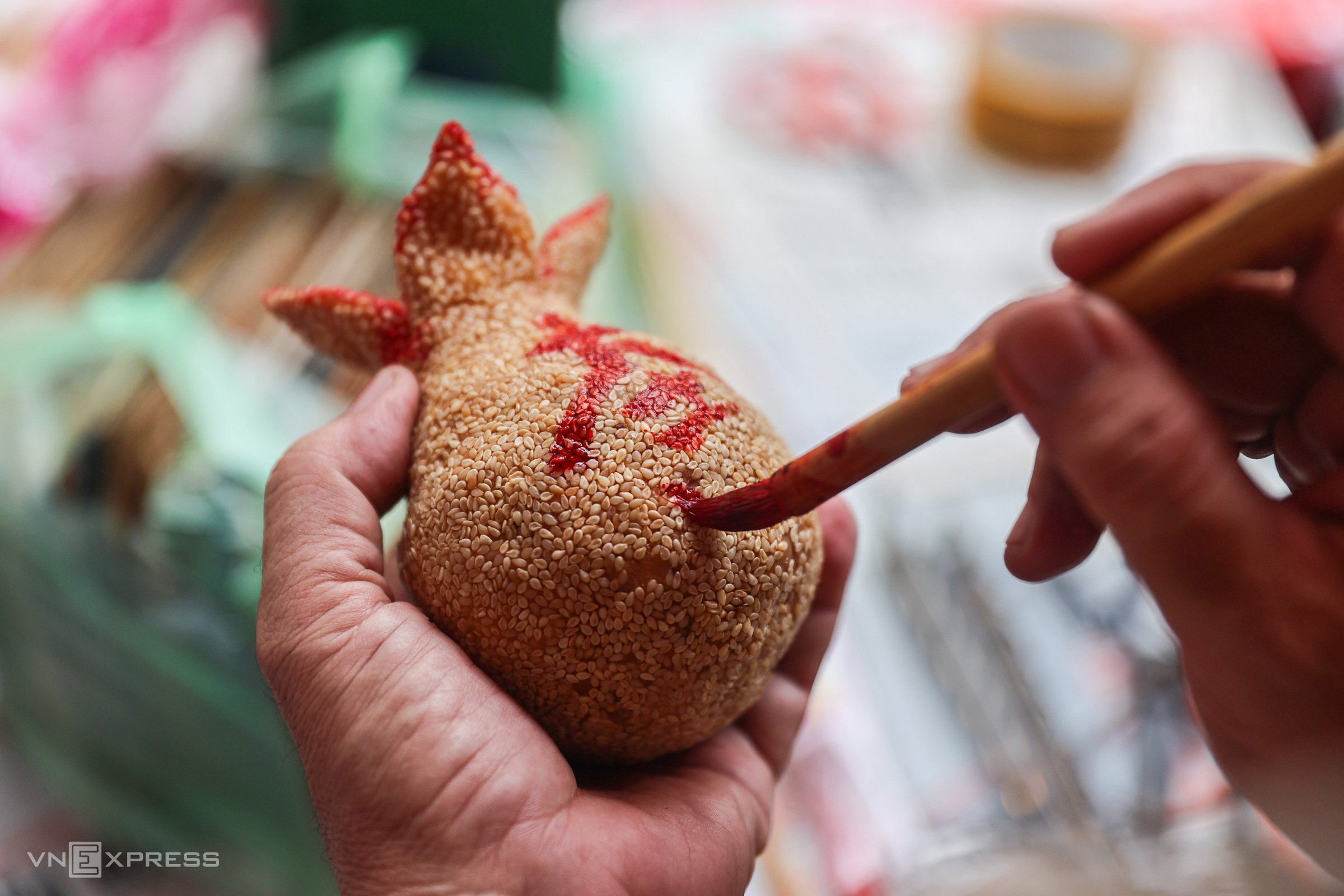

























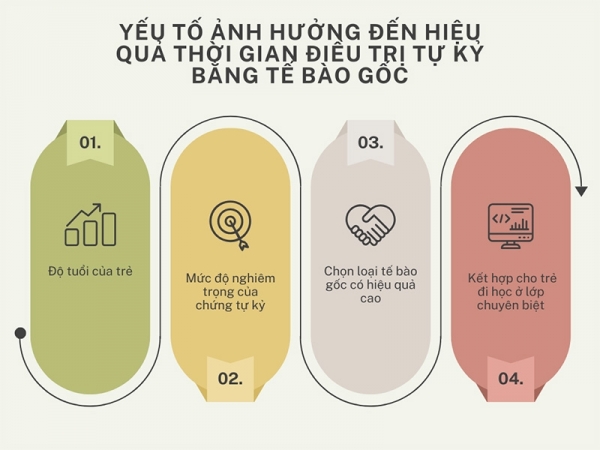
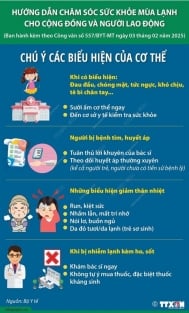


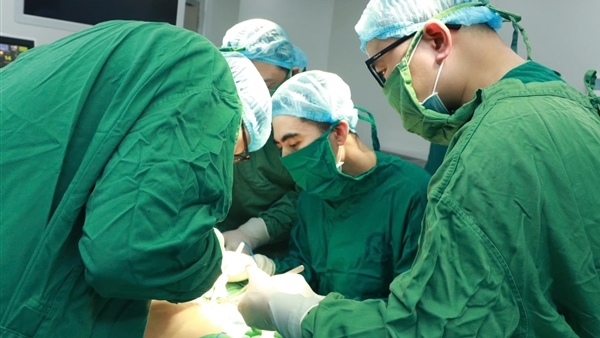

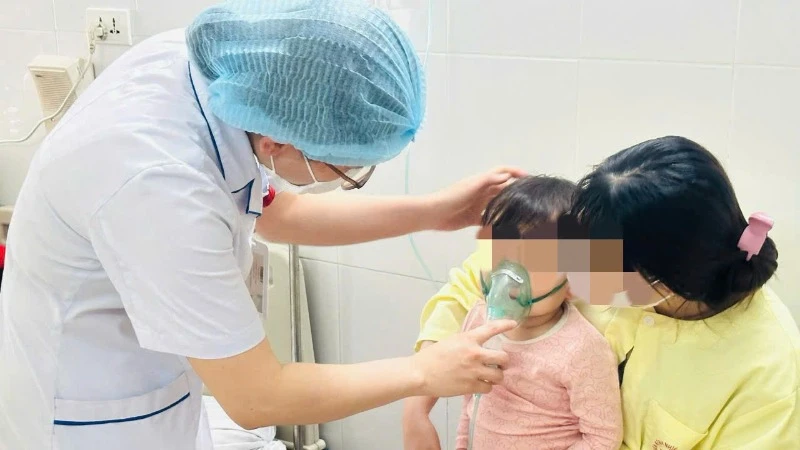




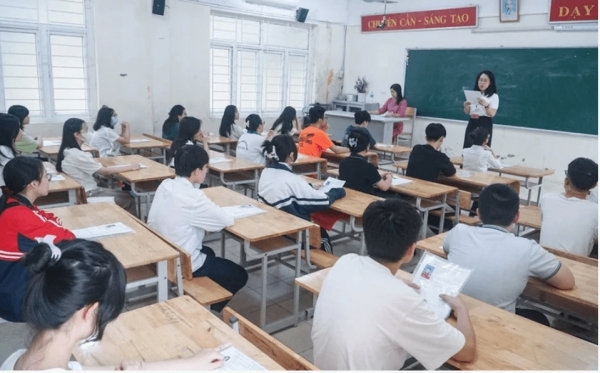
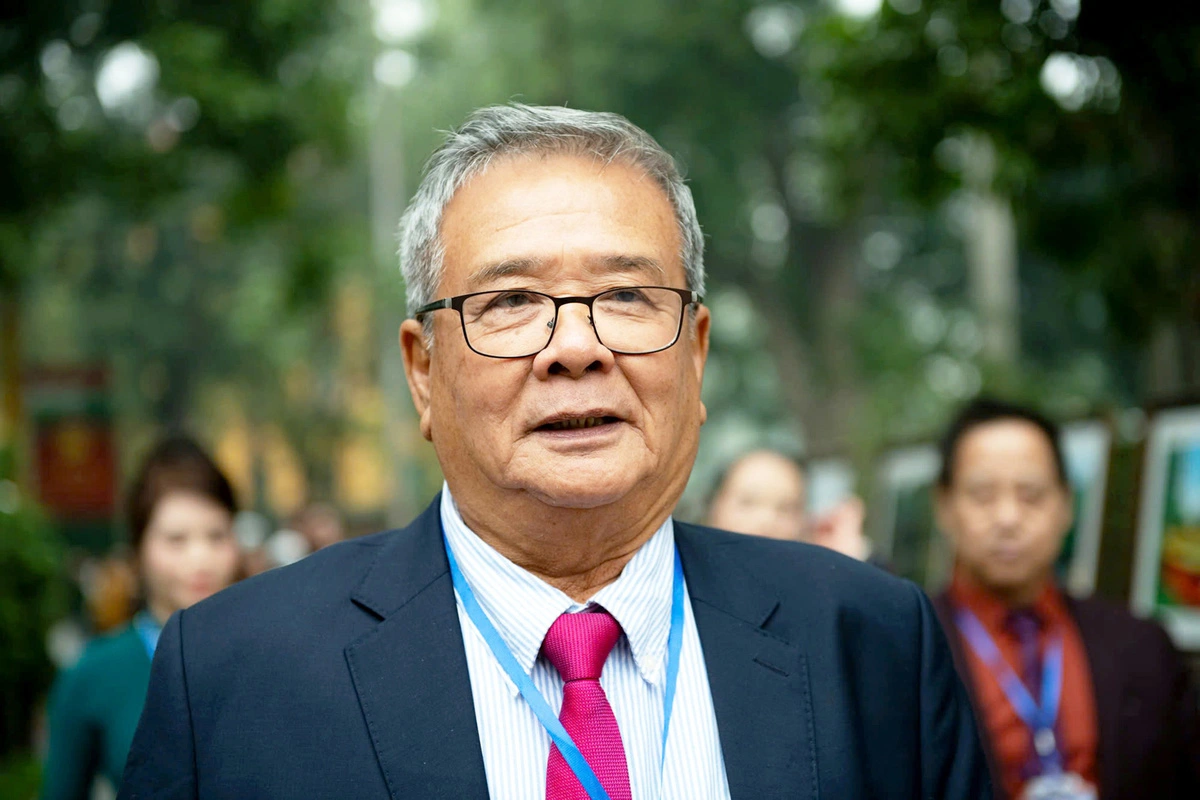

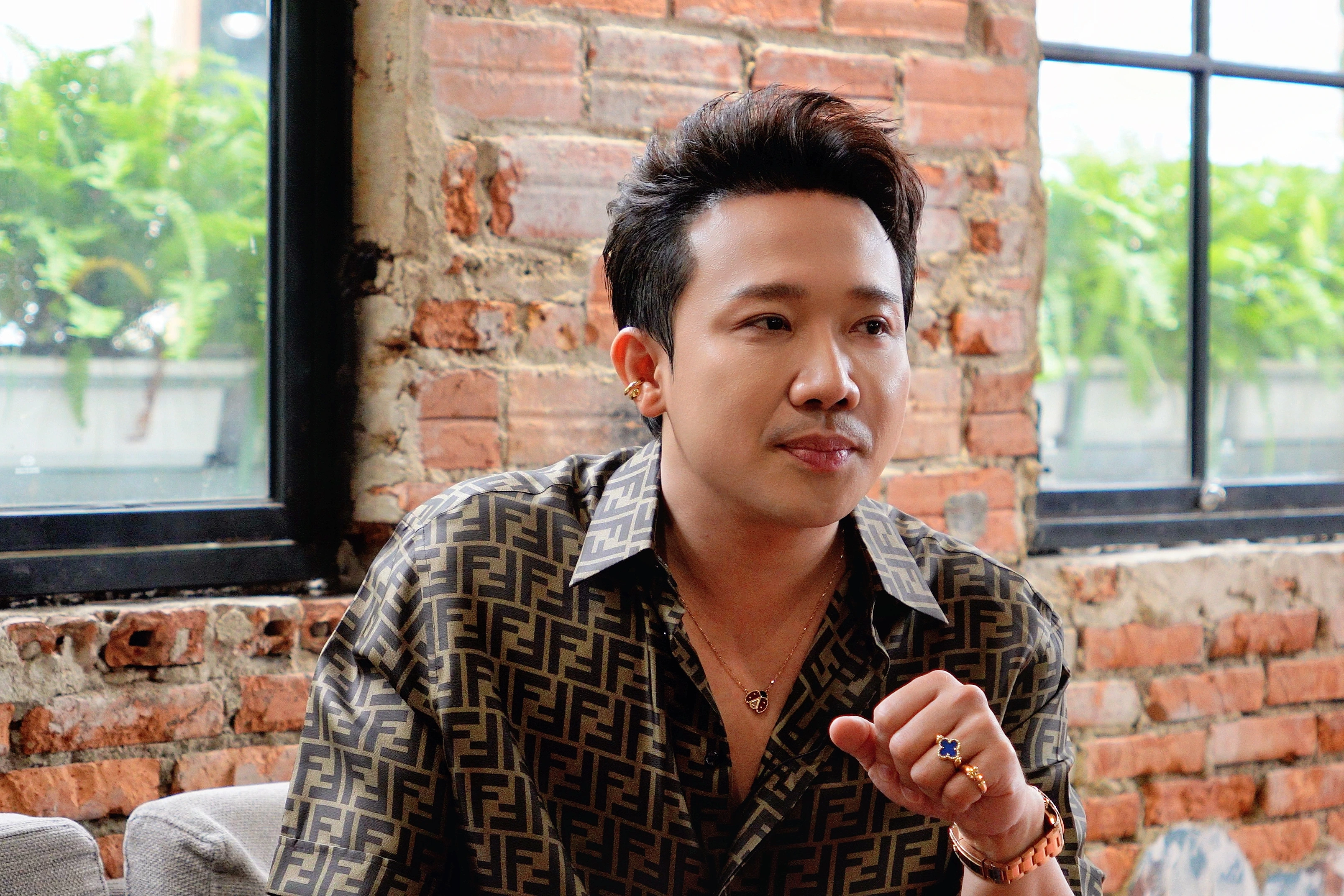



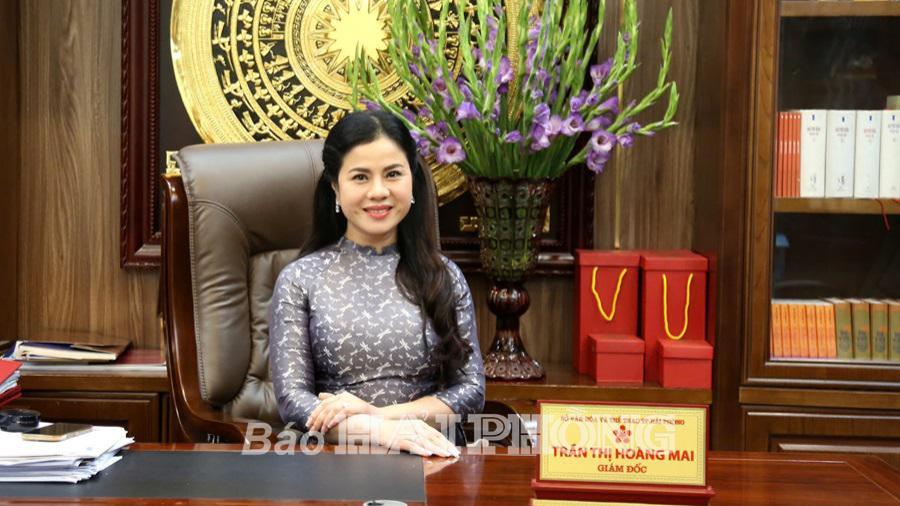

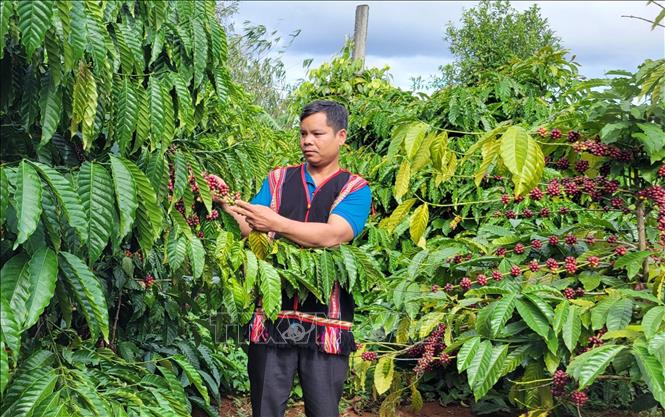

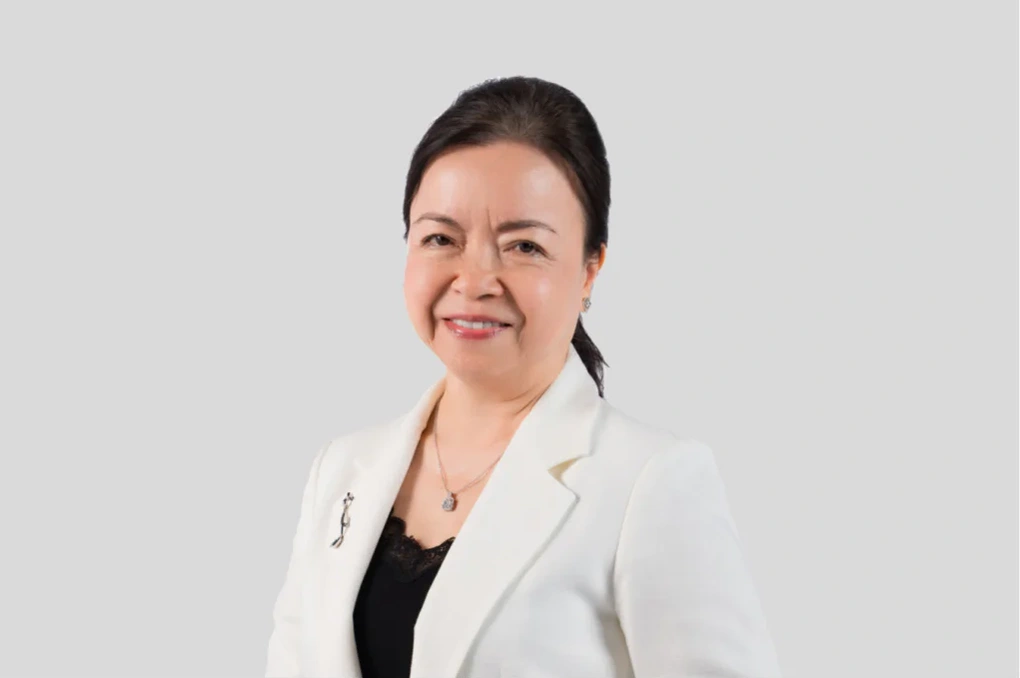



Comment (0)